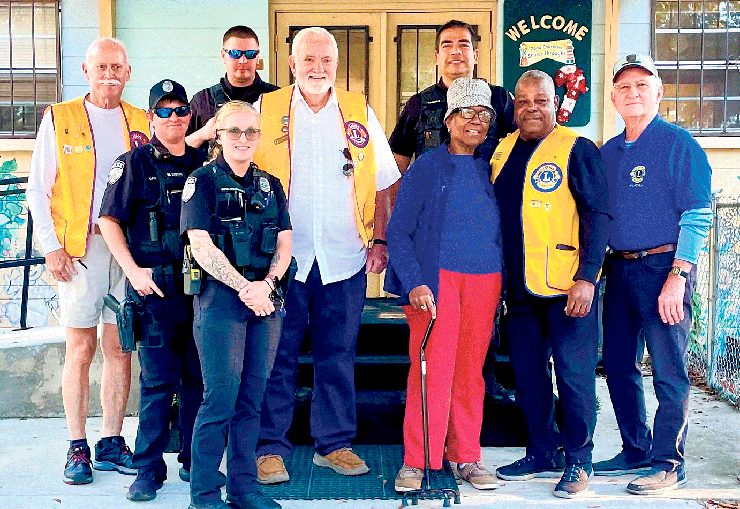All around the area over Memorial Day weekend
Tuesday night I attended a musical by the Oak View Middle School 5th Grade. This was the culmination of their Social Studies Unit and the title was “13 Colonies.” Proud parents listened and watched as children showed how much they have learned. The children were poised and professional, the lines were funny and the music was grand. The teachers have obviously worked hard this year and it showed. I saw Landon Wycoff, Anthony Smith, Lilli Bentz, Hannah Holder, Sam Torrence, Sarah Mitchell and Doug Springer and so many others all performing in their special roles. The auditorium was filled with parents and grandparents that laughed and applauded. I enjoyed every minute of the play and congratulate the teachers and students for doing such a great job. Kevin Purvis obviously knows how to hire and keep good teachers.
This week I also visited Roger’s Farm near Hague. My cousins and I bought fresh acre peas, speckled butter beans and baby limas. We filled in with fresh Silver Queen Corn, and some red ripe tomatoes. I came home and fixed a wonderful supper with some of everything I bought. Kathi came over and we put the beans and peas up for freezing. I know how good they will taste later. I love when summer gets here and local farmers offer all their good produce. Sometimes I just wonder how I got so lucky to be born here and live in this wonderful area of Florida.
My granddaughter, Tia, had surgery this week and she will be on soft food for awhile after, so she has been after us to fix things for her that she likes. I have an absolutely the best you ever ate, Chocolate Pound Cake recipe, so I made that for her today. She picked it up on her way home and called back to say how good it was. I don’t think she is planning to share it with anyone else. I will send the recipe in to the editor and see if he will print it for all of you. I promise if you love chocolate, you will love this cake.
Hungry for BBQ, some friends and family met at Cason’s on 252nd St and enjoyed an evening of gabbing and eating. I always get the pork and some slices of white bread and Joy’s spicy sauce. Love to eat there, but can’t eat like that very often. We sat outside in the covered patio and socialized while we ate. Hank and Georgia, Kathi, Kendra and Tony, Chris and others showed up to enjoy the evening.
Friday morning found and Kathi me in the Hodge Farms Blueberry field. We picked until we were hot and sweaty and then had to quit. We took Lexi, Kyndal, and Ava with us and they helped pick some, too. They are all about 3-years-old and are so cute together. I think their favorite part was when we got to the end of a row and they sat and played in the sand.
Friday night I picked up Punk Hunt and we went to the NHS football jamboree. The Panthers have their new uniforms and we are finally back to Blue and Gold. Many folks in the crowd commented on how nice they looked. I also noticed that Principal Shane Andrew has managed to get us a brand new flag pole and Old Glory was flying high. Trevor Johnson, just home from Afghanistan, noticed the pole and flag too, so I was happy that it was in place and done so nicely.
Our daughter, Julia, celebrated her birthday this month with a trip to the gulf for fishing. She caught one really nice trout and she and Brien brought home a good catch. I can see a fish fry in the future. We will have to get the cooker out and fix some grits and make some hush puppies and have a feast for the family.
Please let me know if you have anything you want me to report on and I will do my best to get it in. Have a wonderful week.
# # #
Submit your story by
Emailing community@
alachuatoday.com
Add a comment


















